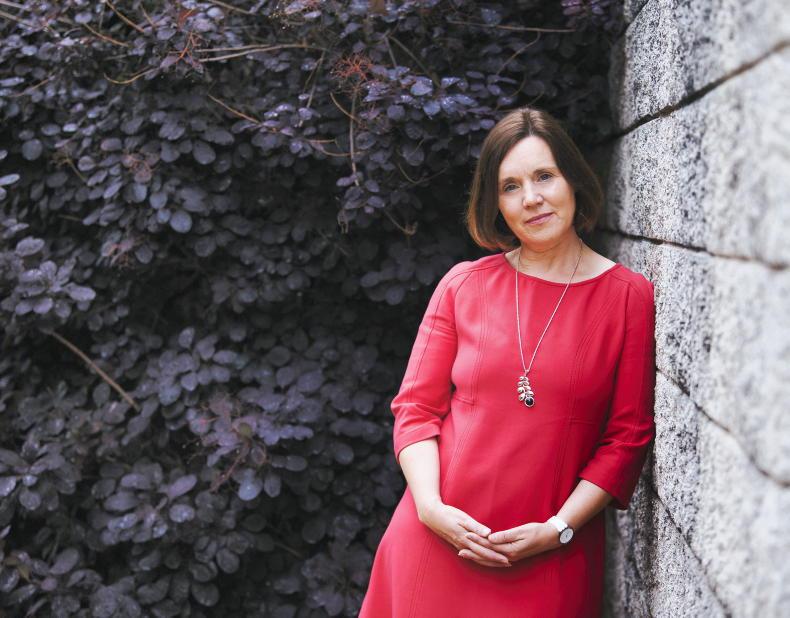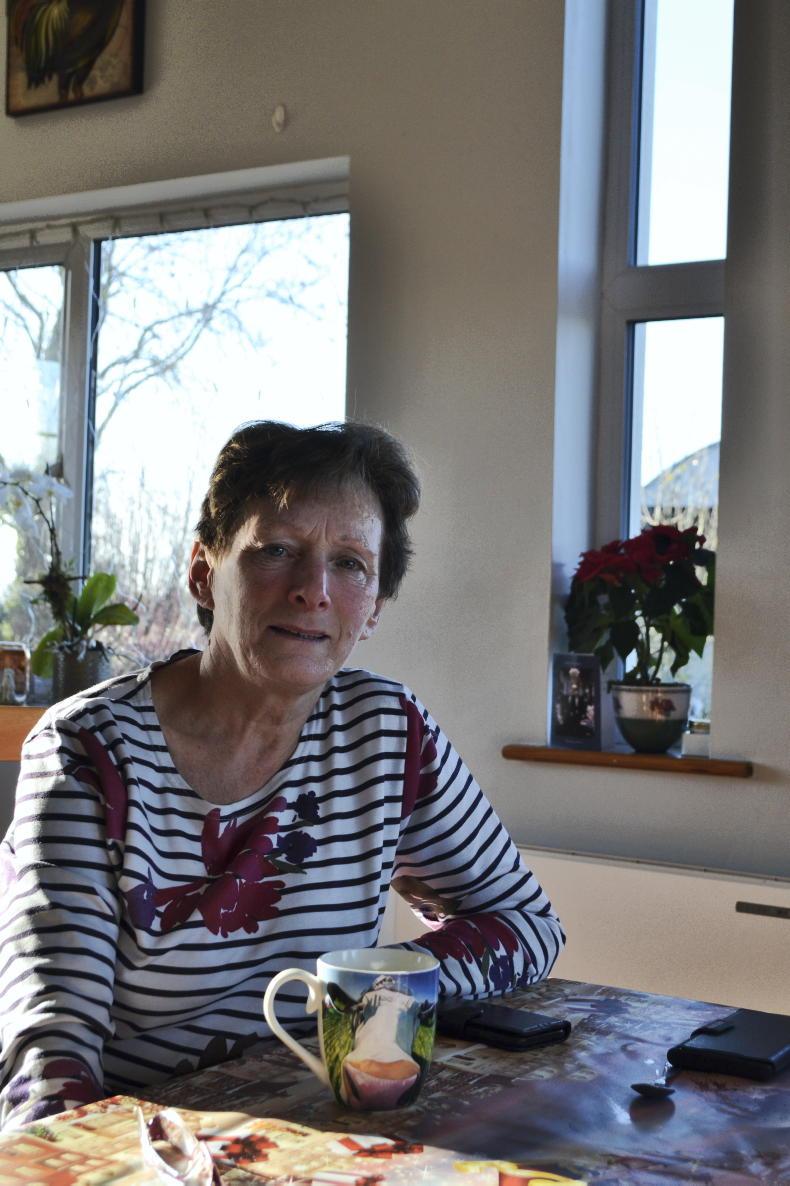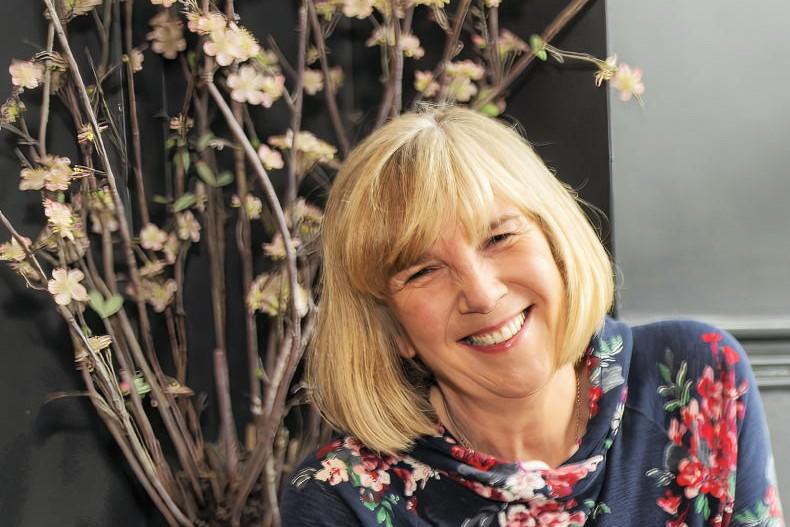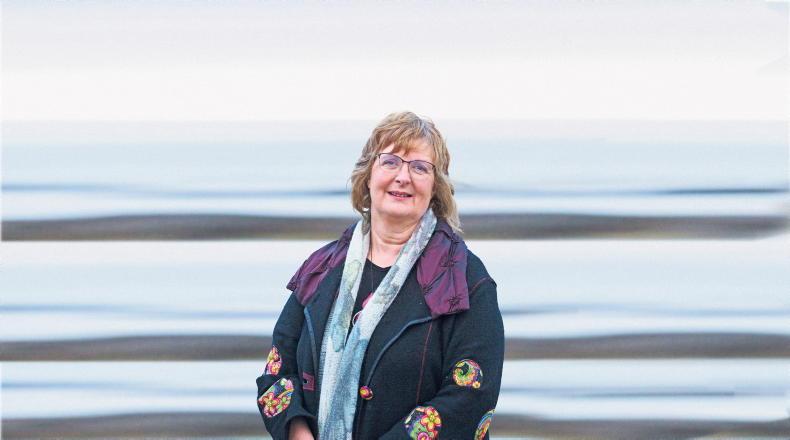On the 12th day of Christmas, my true love gave to me: one lie in, a hot cup of coffee and a day off to relax and visit with my lady friends.
Ok, ok, that isn’t how the song goes. But maybe it should end on a note acknowledging the true meaning of the 12th day of Christmas in Ireland – Women’s Christmas, or Nollaig na mBan.
This is the day for the women of the household to let loose and enjoy themselves after working so hard in the lead up to and during Christmas. It may seem a bit archaic, but in reality, women still do the majority of the housework, cooking and overall “emotional labour” of the festive season.
Different meanings in different places
While Little Christmas (also known as the Feast of the Epiphany) is celebrated in many Christian cultures throughout the world, Nollaig na mBan, putting women at its centre, is very much an Irish tradition.
Historically, it meant a day off from the housework for the women of the house. The reverse was meant to take place – the men would do the housework, and the women would call over to their friends for a cuppa, a chat and some general frivolity.
Nollaig na mBan traditions have mostly been passed down orally, from home to home, and more so in certain regions than in others. While researching this article, I was told repeatedly that Women’s Christmas was really only celebrated in counties like Galway, Cork or Kerry (one person Tweeted to me their absolute disgust at moving to Tipperary; realising no one celebrated the holiday there).
Being from another country, I imagined Irish women celebrated Nollaig na mBan by visiting each other and having afternoon tea, but these beliefs were dashed while speaking with former Irish Country Living editor Mairead Lavery about the tradition.
“Why on earth would we want to cook or entertain anyone on what is supposed to be our day off?” She said to me over the phone.
On that poignant note, I threw out my planned “Nollaig na mBan Afternoon Tea” article and began my hunt to learn more about the holiday – the last hurrah of Christmas – and how women realistically celebrate Nollaig na mBan in Ireland today.
Well-observed tradition
Journalist and feminist historian Clodagh Finn is often one of the first people I approach if I have a question about history (or HERstory) involving Irish women.
Luckily, she is also from Co Kerry, where Nollaig na mBan has been recognised and celebrated for generations.

Clodagh Finn.
“I’m from Tralee and in Cork and Kerry it is a well-observed tradition – and has been for a long time,” she tells Irish Country Living. “I remember on the 6 January, it was the traditional end of Christmas. We had this tradition that, for Little Christmas, you were given permission to have ‘one last hurrah’ and this was very welcome as you were getting ready to go back to school and work. You could dip into the sweets again!”
Clodagh echoes my initial research on Nollaig na mBan – that traditionally, it was the day the women of the house were given the day off from their “several months of work in the lead-up to Christmas.”
“My own mother thought the holiday was so patronising,” she says. “She came to Kerry from Dublin and didn’t buy into the whole thing. There is a poem and a saying which captures the day very well: Men’s Christmas is a fine, big Christmas, Women’s Christmas is a no-good Christmas. There was a certain bitterness there – Christmas had the turkey and the ham and it was a man’s holiday, while women had Little Christmas, with the cake and the tea – the leftovers! But at the same time, I loved it.”
Modern celebrations
While Clodagh’s mother didn’t want to celebrate a day which features the leftovers of the festive season (rightly so), maybe if she saw how and why Nollaig na mBan is celebrated today, she would have a change of heart. Clodagh says, in recent years, the holiday has seen a feminist revival of sorts – and not just in certain regions, but all over the country.
“Now you might see it combined with charity events or another cause of some sort,” Clodagh says. “It’s an excuse to get together with female friends, mothers and daughters and I think that’s a beautiful, almost subversive thing to do with Women’s Christmas. It’s taking something and giving it new life.”
Taking Nollaig na mBan back as a day to celebrate – and appreciate – the women in our lives can only be a good thing. Clodagh says the origins of the day are obscure; probably because the lives of women – especially ‘ordinary’ women – were not considered important enough to document, in the past.
“That’s a reflection of how ordinary people’s traditions were not considered worthy enough to note,” she explains. “The fact that we mark it now is a really nice retrieval.”
IFA Farm Family Celebration
Mary Breen is the Limerick IFA Farm Family and Social Affairs committee representative. Each year, she organises a Women’s Christmas celebration at the Woodland’s Hotel & Spa in Adare. She tells Irish Country Living that up to 45 women per year attend and not just from the Limerick branch, but from IFA branches throughout the country.
“Anyone and everyone can come to the Farm Family Women’s Christmas event, you don’t even need to be a member of the IFA,” she explains. “And an awful lot of people do come who are not members of the IFA. It’s just a great day out – your friends might come with you and maybe your other neighbours might come; people usually travel together.”

Mary Breen is the IFA representative for the Limerick branch of the Farm Family and Social Affairs Committee / Janine Kennedy
The Women’s Christmas event includes a mulled wine reception, a special lunch menu and a Kris Kindle where each person attending brings a small gift for another attendee. Mary says it’s not just a great day “off” from house and farm work, it’s also a great way to end the festive season among new and old friends.
“It’s Women’s Christmas – it’s a celebration for women,” she explains. “It’s their day off, and the men can stay home and do the work. The one in Limerick is going on maybe 18 years.
“I didn’t have it, over the past two years, on account of COVID and, you know, you miss out,” she continues. “You meet so many lovely people; have so many lovely chats. You really would miss it. It’s very hard to organise the time to go away [so it’s a special day out.]”
Mary says when she was younger she wouldn’t have celebrated Nollaig na mBan, as she was too busy with smaller children and work at that time of year, but her family would have always marked 6 January with a gathering and a special meal.
“It was always a turkey for the Christmas dinner and goose, we used to have, for 6 January,” she smiles. “I suppose people are kind of moving on in their years before they get involved in things like the IFA event. This will be my last year organising – hopefully we can get somebody to replace me, it’s very hard to get women to get involved in the IFA groups.
Mary encourages anyone who is interested in attending this year’s IFA Farm Family Nollaig na mBan event to give her a call to book in. You can reach her at 087 6383060.
Read more
Sharing the load this Christmas
Nollaig na mBan: celebrating women in agriculture
On the 12th day of Christmas, my true love gave to me: one lie in, a hot cup of coffee and a day off to relax and visit with my lady friends.
Ok, ok, that isn’t how the song goes. But maybe it should end on a note acknowledging the true meaning of the 12th day of Christmas in Ireland – Women’s Christmas, or Nollaig na mBan.
This is the day for the women of the household to let loose and enjoy themselves after working so hard in the lead up to and during Christmas. It may seem a bit archaic, but in reality, women still do the majority of the housework, cooking and overall “emotional labour” of the festive season.
Different meanings in different places
While Little Christmas (also known as the Feast of the Epiphany) is celebrated in many Christian cultures throughout the world, Nollaig na mBan, putting women at its centre, is very much an Irish tradition.
Historically, it meant a day off from the housework for the women of the house. The reverse was meant to take place – the men would do the housework, and the women would call over to their friends for a cuppa, a chat and some general frivolity.
Nollaig na mBan traditions have mostly been passed down orally, from home to home, and more so in certain regions than in others. While researching this article, I was told repeatedly that Women’s Christmas was really only celebrated in counties like Galway, Cork or Kerry (one person Tweeted to me their absolute disgust at moving to Tipperary; realising no one celebrated the holiday there).
Being from another country, I imagined Irish women celebrated Nollaig na mBan by visiting each other and having afternoon tea, but these beliefs were dashed while speaking with former Irish Country Living editor Mairead Lavery about the tradition.
“Why on earth would we want to cook or entertain anyone on what is supposed to be our day off?” She said to me over the phone.
On that poignant note, I threw out my planned “Nollaig na mBan Afternoon Tea” article and began my hunt to learn more about the holiday – the last hurrah of Christmas – and how women realistically celebrate Nollaig na mBan in Ireland today.
Well-observed tradition
Journalist and feminist historian Clodagh Finn is often one of the first people I approach if I have a question about history (or HERstory) involving Irish women.
Luckily, she is also from Co Kerry, where Nollaig na mBan has been recognised and celebrated for generations.

Clodagh Finn.
“I’m from Tralee and in Cork and Kerry it is a well-observed tradition – and has been for a long time,” she tells Irish Country Living. “I remember on the 6 January, it was the traditional end of Christmas. We had this tradition that, for Little Christmas, you were given permission to have ‘one last hurrah’ and this was very welcome as you were getting ready to go back to school and work. You could dip into the sweets again!”
Clodagh echoes my initial research on Nollaig na mBan – that traditionally, it was the day the women of the house were given the day off from their “several months of work in the lead-up to Christmas.”
“My own mother thought the holiday was so patronising,” she says. “She came to Kerry from Dublin and didn’t buy into the whole thing. There is a poem and a saying which captures the day very well: Men’s Christmas is a fine, big Christmas, Women’s Christmas is a no-good Christmas. There was a certain bitterness there – Christmas had the turkey and the ham and it was a man’s holiday, while women had Little Christmas, with the cake and the tea – the leftovers! But at the same time, I loved it.”
Modern celebrations
While Clodagh’s mother didn’t want to celebrate a day which features the leftovers of the festive season (rightly so), maybe if she saw how and why Nollaig na mBan is celebrated today, she would have a change of heart. Clodagh says, in recent years, the holiday has seen a feminist revival of sorts – and not just in certain regions, but all over the country.
“Now you might see it combined with charity events or another cause of some sort,” Clodagh says. “It’s an excuse to get together with female friends, mothers and daughters and I think that’s a beautiful, almost subversive thing to do with Women’s Christmas. It’s taking something and giving it new life.”
Taking Nollaig na mBan back as a day to celebrate – and appreciate – the women in our lives can only be a good thing. Clodagh says the origins of the day are obscure; probably because the lives of women – especially ‘ordinary’ women – were not considered important enough to document, in the past.
“That’s a reflection of how ordinary people’s traditions were not considered worthy enough to note,” she explains. “The fact that we mark it now is a really nice retrieval.”
IFA Farm Family Celebration
Mary Breen is the Limerick IFA Farm Family and Social Affairs committee representative. Each year, she organises a Women’s Christmas celebration at the Woodland’s Hotel & Spa in Adare. She tells Irish Country Living that up to 45 women per year attend and not just from the Limerick branch, but from IFA branches throughout the country.
“Anyone and everyone can come to the Farm Family Women’s Christmas event, you don’t even need to be a member of the IFA,” she explains. “And an awful lot of people do come who are not members of the IFA. It’s just a great day out – your friends might come with you and maybe your other neighbours might come; people usually travel together.”

Mary Breen is the IFA representative for the Limerick branch of the Farm Family and Social Affairs Committee / Janine Kennedy
The Women’s Christmas event includes a mulled wine reception, a special lunch menu and a Kris Kindle where each person attending brings a small gift for another attendee. Mary says it’s not just a great day “off” from house and farm work, it’s also a great way to end the festive season among new and old friends.
“It’s Women’s Christmas – it’s a celebration for women,” she explains. “It’s their day off, and the men can stay home and do the work. The one in Limerick is going on maybe 18 years.
“I didn’t have it, over the past two years, on account of COVID and, you know, you miss out,” she continues. “You meet so many lovely people; have so many lovely chats. You really would miss it. It’s very hard to organise the time to go away [so it’s a special day out.]”
Mary says when she was younger she wouldn’t have celebrated Nollaig na mBan, as she was too busy with smaller children and work at that time of year, but her family would have always marked 6 January with a gathering and a special meal.
“It was always a turkey for the Christmas dinner and goose, we used to have, for 6 January,” she smiles. “I suppose people are kind of moving on in their years before they get involved in things like the IFA event. This will be my last year organising – hopefully we can get somebody to replace me, it’s very hard to get women to get involved in the IFA groups.
Mary encourages anyone who is interested in attending this year’s IFA Farm Family Nollaig na mBan event to give her a call to book in. You can reach her at 087 6383060.
Read more
Sharing the load this Christmas
Nollaig na mBan: celebrating women in agriculture










SHARING OPTIONS